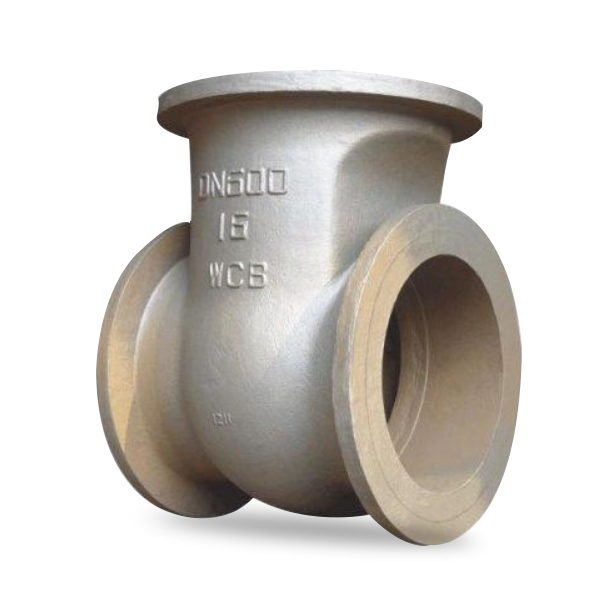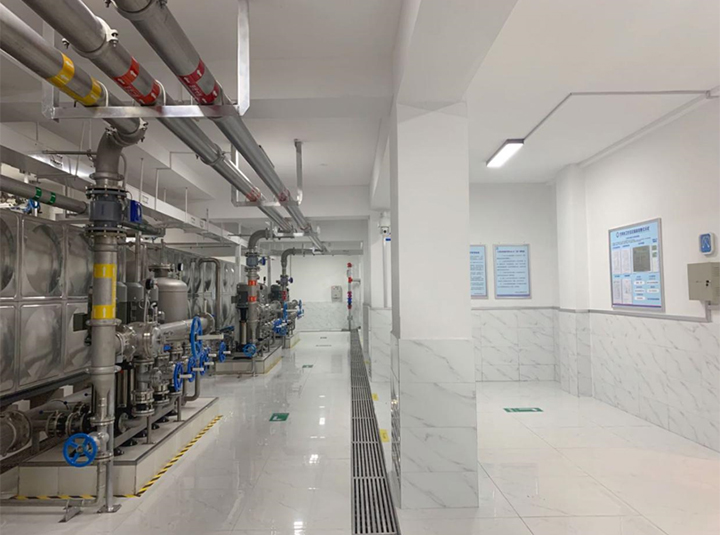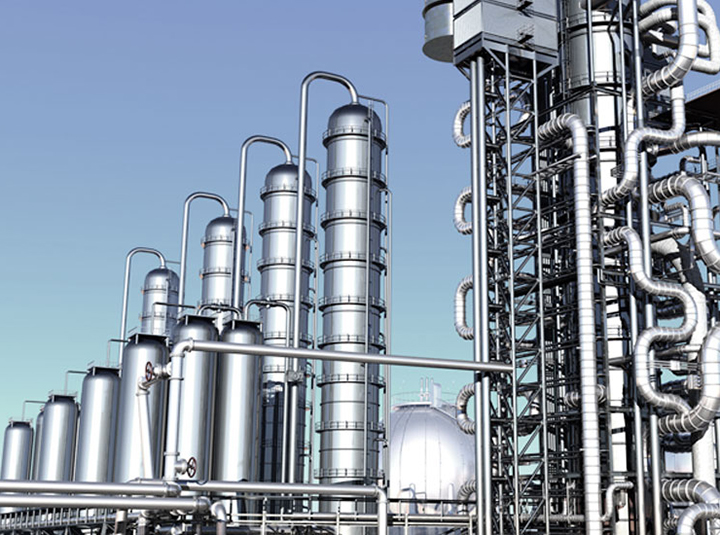In the realm of fluid handling systems, ensuring smooth and reliable flow is paramount. Among the various components that play a crucial role in achieving this goal, swing check valves stand out as essential tools for controlling the direction and flow of fluids. This article dives into the functionality, benefits, and applications of swing check valves, shedding light on why they are indispensable in fluid management.
Understanding Swing Check Valves
Swing check valves are mechanical devices designed to allow fluid to flow in only one direction. They operate based on a swinging mechanism that opens when fluid flows in the intended direction and closes to prevent backflow or reverse flow. This mechanism consists of a hinged disc that swings freely from a hinge pin or shaft. When the fluid flow decreases or stops, gravity or back pressure ensures the disc swings back to its closed position, thereby preventing reverse flow.
Key Features and Benefits
Reliable Flow Control: Swing check valves provide reliable flow control by effectively preventing backflow, which can cause damage to pumps, pipelines, and other system components.
Low Pressure Drop: These valves offer minimal resistance to flow when fully open, ensuring efficient operation and reducing energy consumption.
Versatility: Available in various materials such as stainless steel, cast iron, and PVC, swing check valves are suitable for a wide range of applications across industries including water treatment, oil and gas, chemical processing, and HVAC systems.
Longevity: Designed for durability, swing check valves require minimal maintenance and offer long service life even in harsh operating conditions.
Applications in Various Industries
Swing check valves find application in diverse industrial sectors:
Water Management: Used in municipal water supply systems, wastewater treatment plants, and irrigation systems to prevent backflow and ensure water quality.
Oil and Gas: Critical in oil refining processes, pipeline networks, and offshore drilling operations to maintain flow integrity and prevent contamination.
Chemical Processing: Essential for controlling fluid direction and preventing cross-contamination in chemical manufacturing and processing plants.
HVAC Systems: Incorporated into heating, ventilation, and air conditioning systems to regulate fluid flow and maintain system efficiency.
Conclusion
In conclusion, swing check valves play a pivotal role in maintaining efficient and reliable fluid flow in various industrial applications. With their robust construction, low maintenance requirements, and ability to prevent backflow, these valves are indispensable components in fluid handling systems worldwide. Whether safeguarding water quality in municipal systems or optimizing process efficiency in industrial settings, swing check valves continue to be integral to the seamless operation of fluid management systems globally.
For industries and systems reliant on precise flow control and protection against backflow, choosing the right swing check valve ensures operational reliability and longevity, underscoring their status as indispensable assets in modern fluid handling infrastructure.









